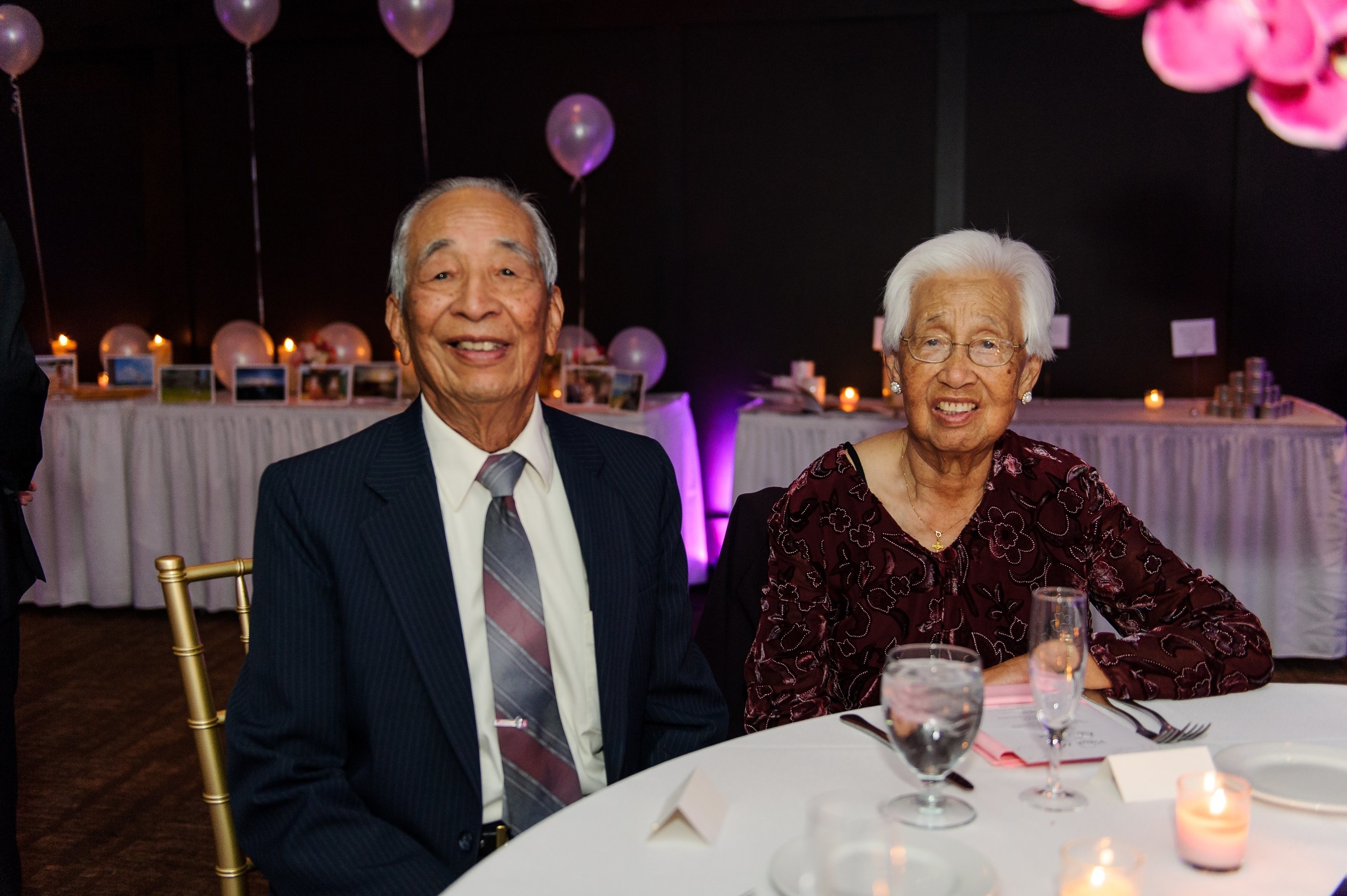Michelle Jing Chan, an artist and children's book illustrator, remembers how her 92-year-old grandfather had recounted the story of his immigration to America. "He prefaced it by saying, 'Oh, do you want to hear a funny story?' and he went and told us this story. And we were all like, 'Oh my god, this is not funny. This is so sad."

So when she signed up for a comics class, Michelle knew what story she had to tell: My Grandpa's Suits. In 13 expressive pages that went viral online, Michelle reveals that her grandfather had grown up in Guangzhao, China, where he studied hard, attended a top university, and worked for the Southern Chinese Agriculture Department — where he wore suits to work every day.
Eventually, he married her grandmother, and they had three kids (one of whom is Michelle's father). Unfortunately, their future began to look bleak as they experienced famine and limited opportunities, so they ultimately decided to migrate to Wyoming. But before they left, Michelle's grandfather visited a tailor and bought nicer suits for future job interviews in the US.
Upon arriving in Wyoming, the family of five adjusted to life in a one-bedroom home and faced racism as one of the only Chinese families in town. With their limited English, Michelle's grandparents only found low-paying work as dishwashers and maids. So in a final leap of faith, they put their savings toward a Chinese restaurant, where they worked tireless 14-hour days for a decade. All the while, her grandfather's suits sat unworn in their closet.
"His own dreams were pushed aside," Michelle narrates the comic, "to support his dreams for his family. Sacrificing his own dreams allowed us to live out ours." As the story reaches present day, the sepia-toned panels become colorized and reveal Michelle's grandfather finally wearing his nicer suits to her college graduation — as based off real photos, like this one:
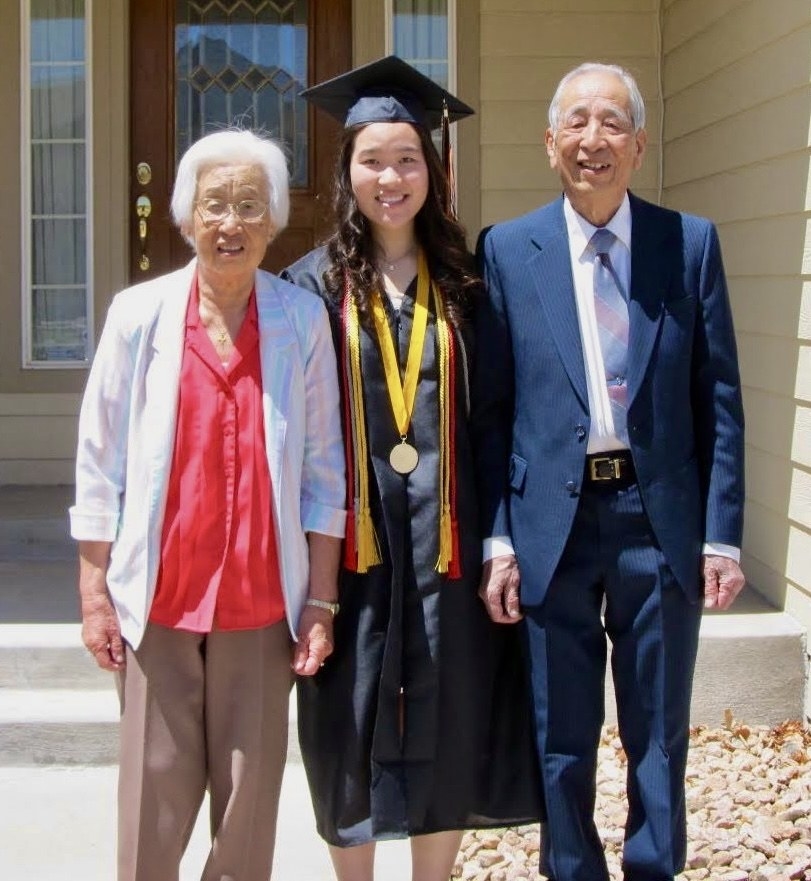
Once she completed the comic, Michelle posted it on her Instagram account (@michellieart), where it went viral. People not only connected with the story but also left moving comments and shared it on social platforms from Facebook to Reddit.
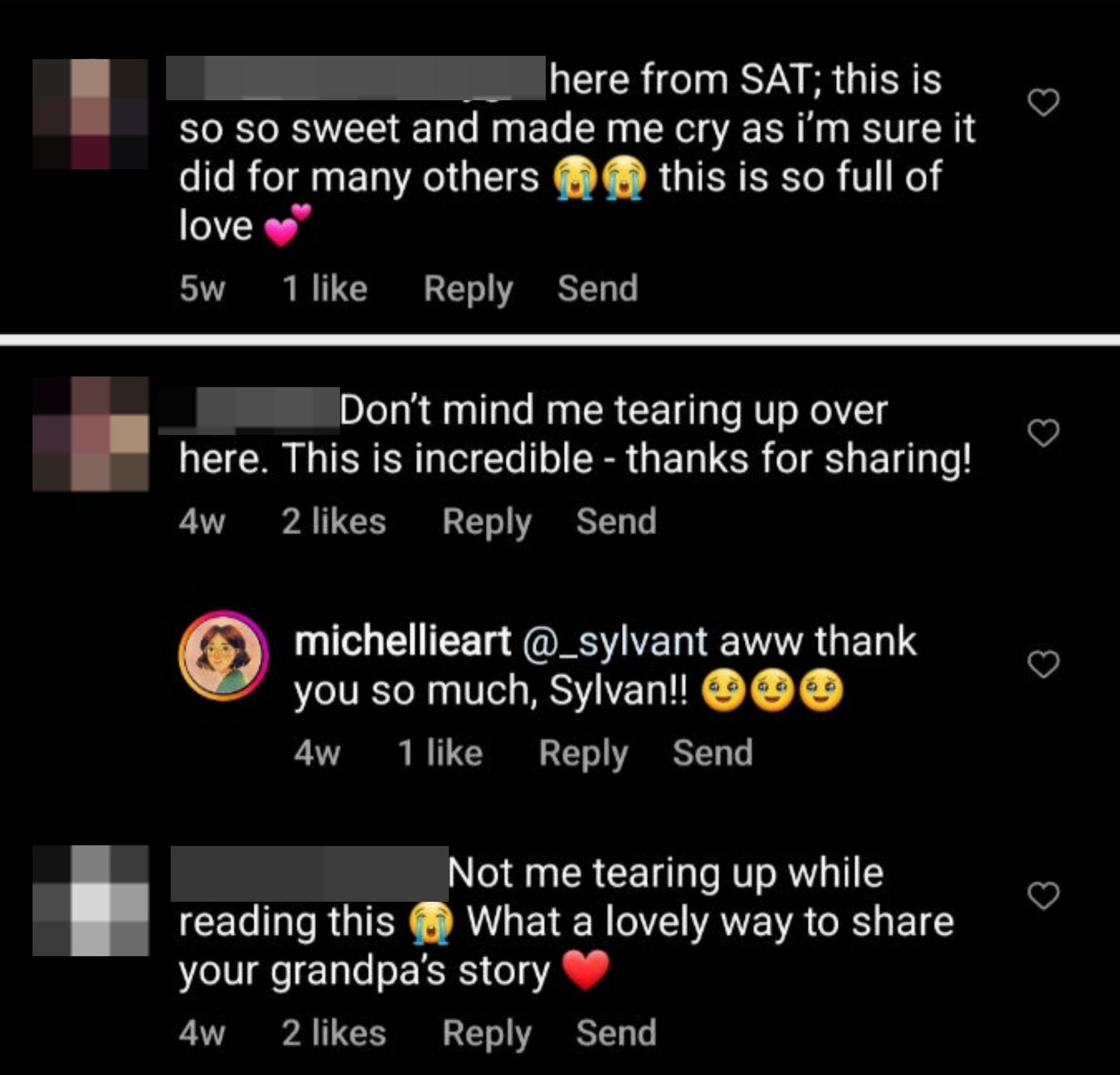
"I was really blown away," Michelle told BuzzFeed of the response to her work. "I was very pleasantly surprised and honestly very humbled and touched. I didn't expect so many people from across different cultures and generations and experiences to be able to relate to some of the universal themes and messages in this comic, and that was really special."
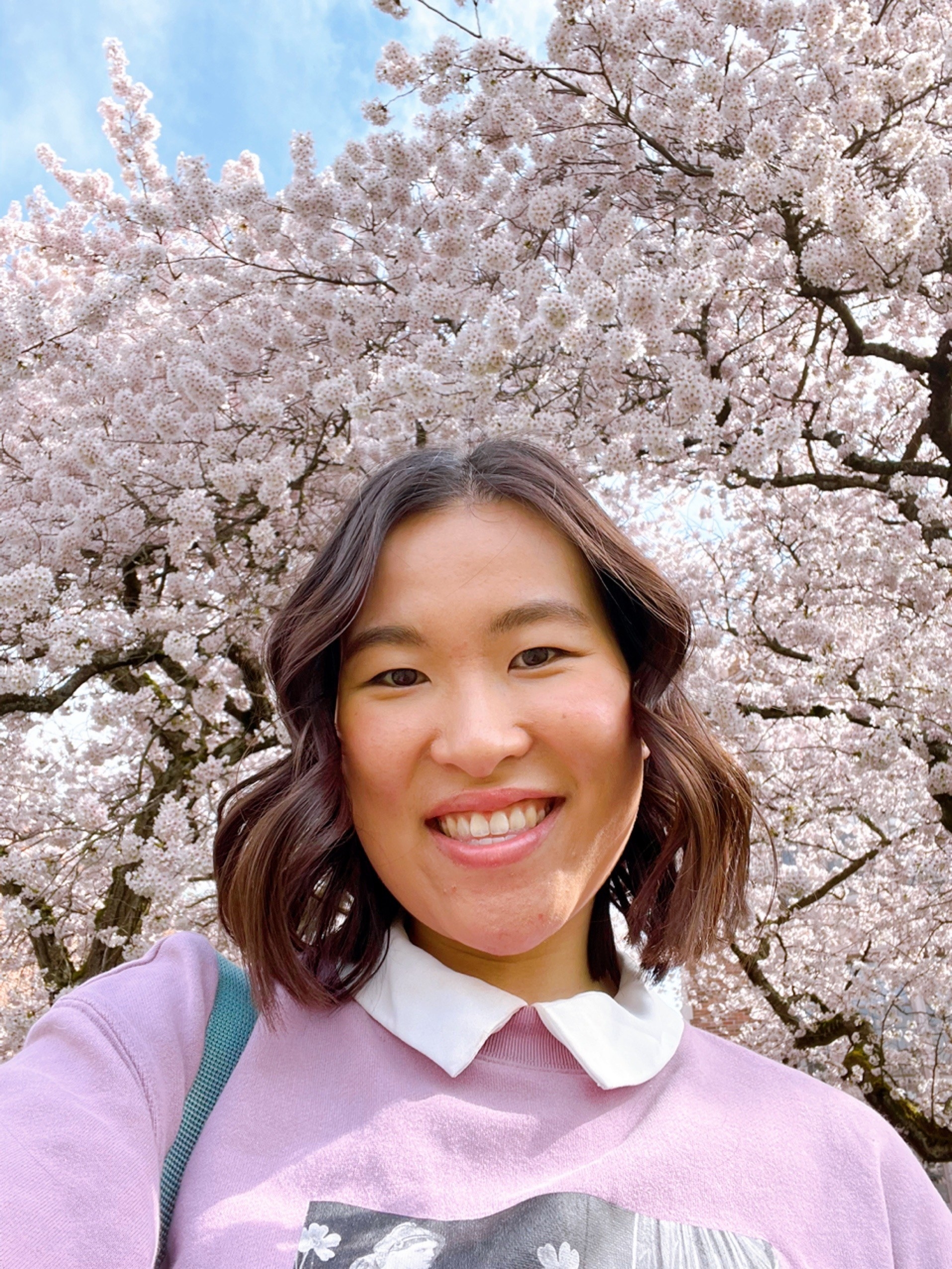
As a children's book illustrator, Michelle had toyed around with the idea of writing and illustrating her own graphic novels to tell her own stories. But it wasn't until she signed up for the comic class that she found the confidence to do so, making the comments she received especially motivating. "I think that's one of the most magical things about being an artist," she noted. "You're able to share a part of yourself with the world and see it reflected back in viewers' responses."
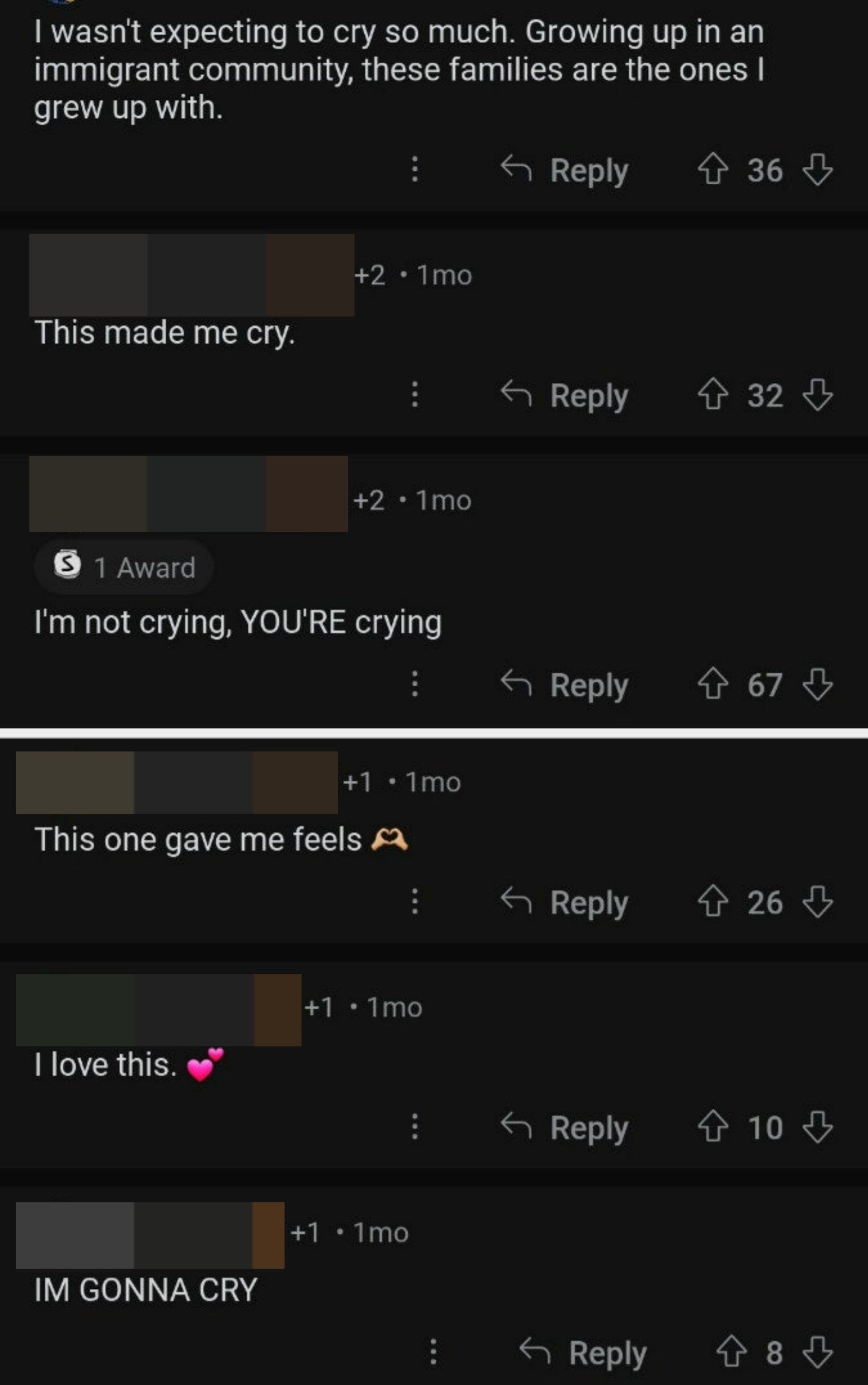
Though she'd originally considered creating a comic related to her identity as a queer woman, Michelle knew she wanted to get her grandfather's story down on paper. "I've been talking with him more and recording our conversations about our family history since he is my last surviving grandparent," she said. When he told her this story, Michelle found herself particularly struck by just how he told it: Positively, with good humor, and without any resentment or regret.
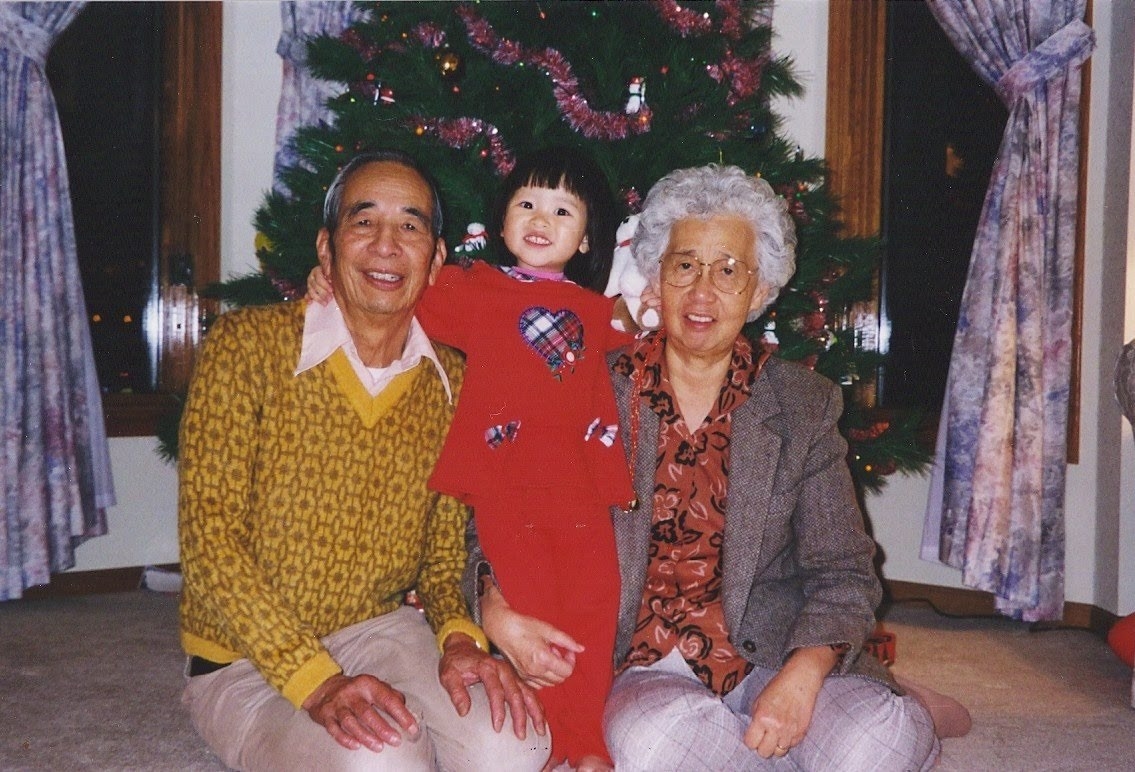
Despite being intimidated by having to write the story rather than only illustrate it, Michelle found it came pretty naturally once she began sketching the layout of each page (or "thumbnailing," as it's called in the comic world). Artistically, she was inspired by the pencil and watercolor style of Mariko Tamaki and Jillian Tamaki's This One Summer, as well as the color coding used (to differentiate timelines and points of view) in Trung Le Nguyen's The Magic Fish. "I wanted most of the comic in sepia to match the color of the old photos and then have things be more colorful and vibrant in the present day," Michelle said.
While she kept the comic a secret from her family (she planned on gifting them with a printed booklet for Christmas), Michelle actually involved her grandfather in the creation process: The Chinese characters in the comic are her grandfather's actual handwriting, which she traced. She also used actual photos of her family as drawing references.
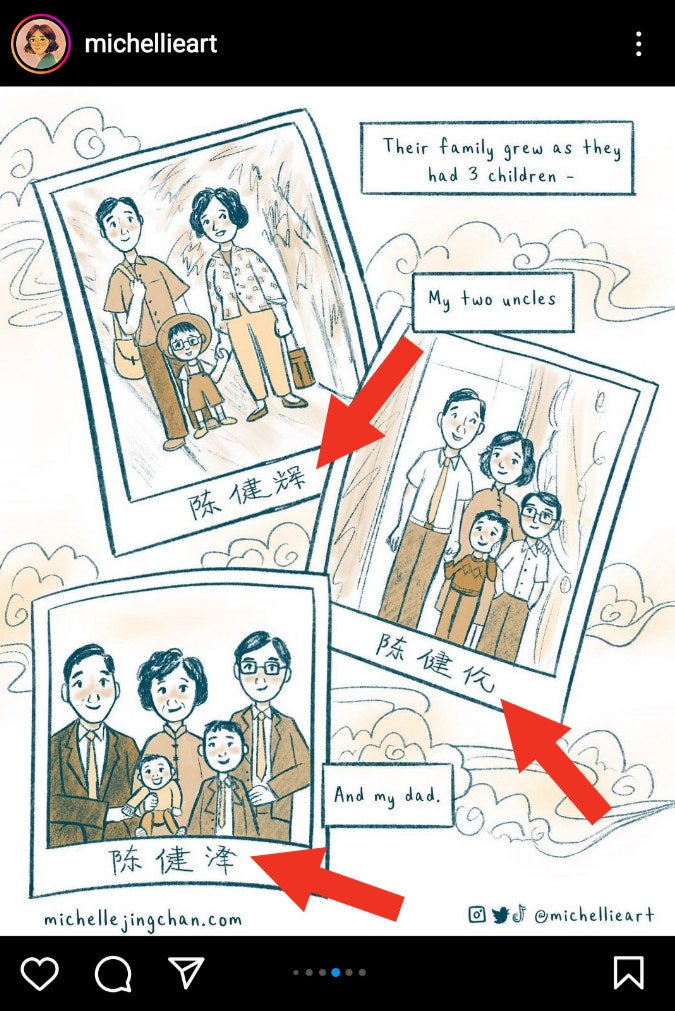
This comic will also be the first time Michelle's grandfather sees her name in print. "I've tried to explain to him what I'm doing with art now [as an illustrator], but I'm not sure that he quite gets it because none of my books have come out yet," Michelle said. "I'm not sure it'll hit him until he's able to physically hold and see my name in print."
And this idea that it's difficult for Michelle's grandfather to conceptualize what a career in art really looks like — or, more broadly, any career that strays from "traditional jobs" such as doctors or lawyers — ties into the larger theme of sacrifice and realization that many multi-generational immigrant families confront, as well as the gratitude and guilt that come with it.
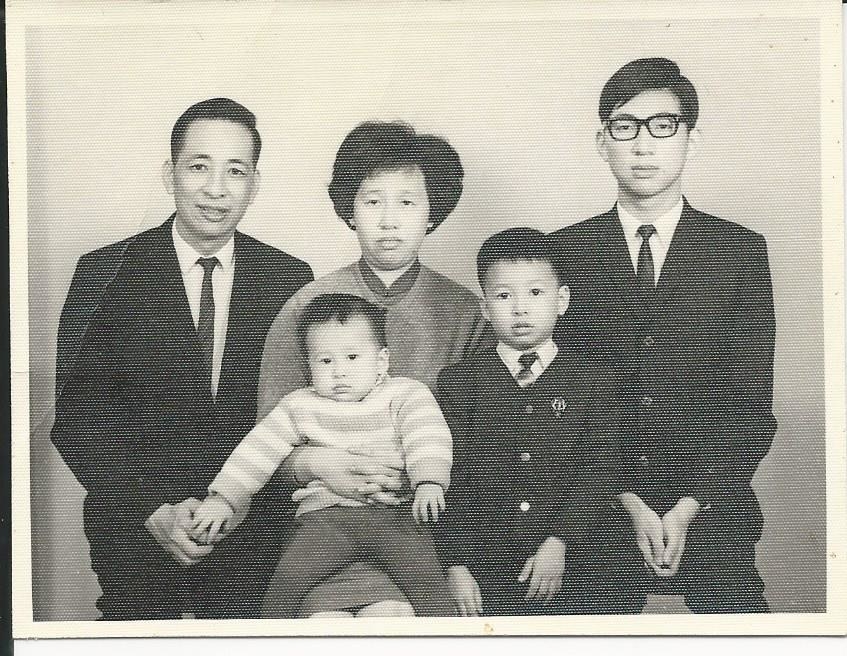
"Sometimes, I feel this sort of guilt for getting to live a life that is much more privileged than my grandparents' or parents' — pursuing this creative dream I have when I know my they had their own dreams they didn't even get to consider," Michelle admitted. "The best way to describe it is a quote by graphic novel author and illustrator Shing Yin Khor, whom I really admire. To paraphrase: 'My parents worked so that I could paint.'"
"It's stuck with me because it conveys a similar message to the one I was trying to convey in this comic: This gratitude and humility for and the recognition of the sacrifices of those who came before you that allow you to pursue your dreams, live the life, and have the opportunities that you have now," she said. "These are complicated emotions, but the best thing I can do to honor their sacrifice is not squander it."
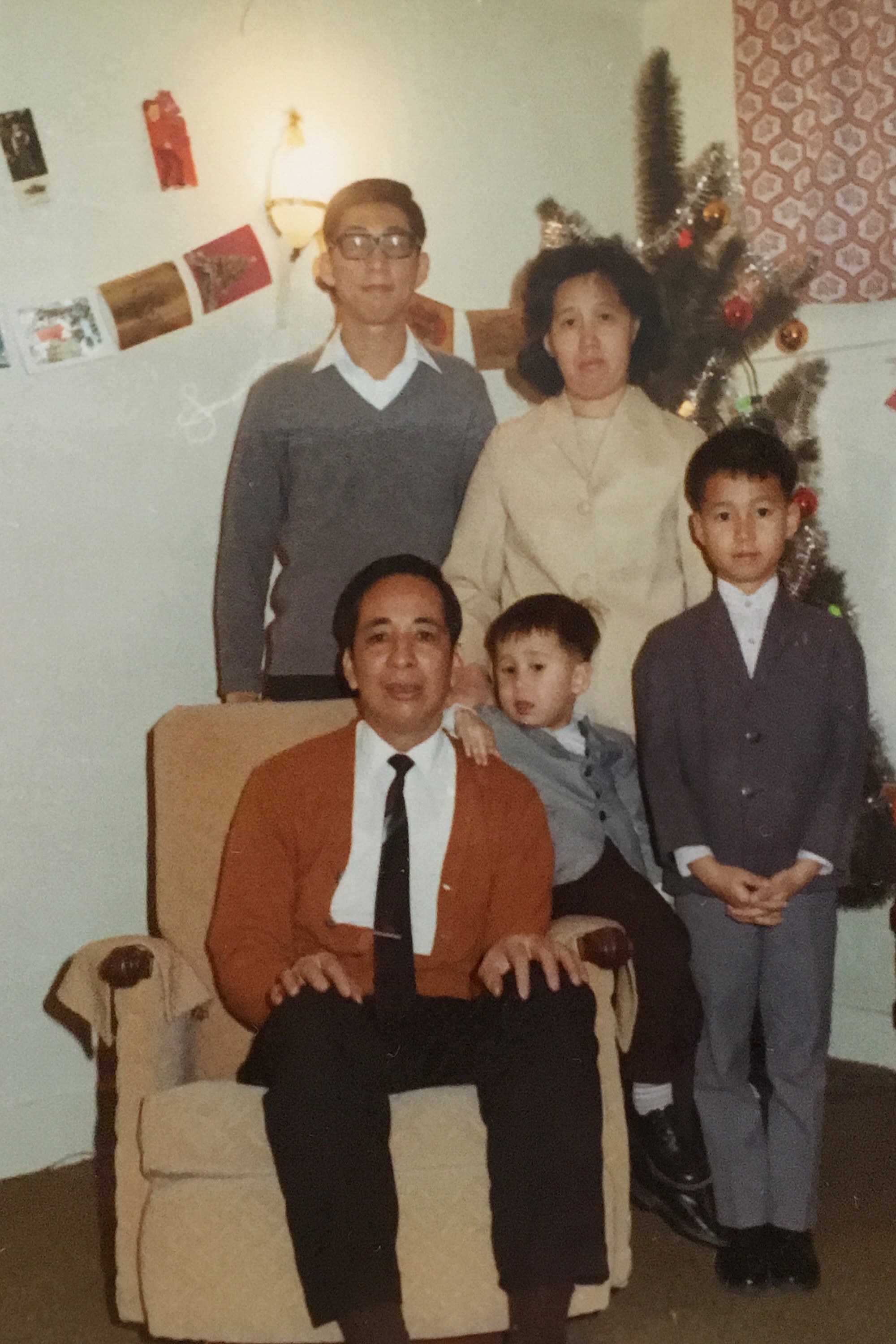
Likewise, the recognition of one's family's sacrifice also necessitates the humanization of them — the acknowledgment of their dreams and traumas and hopes and fears that compelled and shaped them — another theme Michelle hoped to communicate through her comic. "Our parents and grandparents and ancestors are human, too. Sometimes, we forget they have their own lives and dreams outside of who we know them as," she said.
So though she may not always agree with her relatives, Michelle works to better understand and empathize with their choices. "The experiences they went through as first-generation immigrants is so different from the kind of life that I'm able to live now, thanks to their sacrifices," she added.
In the end, these universal feelings of love, hope, dreams, sacrifice, opportunity, and realization enabled readers to connect with not only Michelle's grandfather's story but also hers. And in a meta or full-circle kind of way, the fulfillment Michelle's dream ultimately marked the realization of her grandfather's: He finally had the opportunity to wear one of his nice suits to her college graduation.
